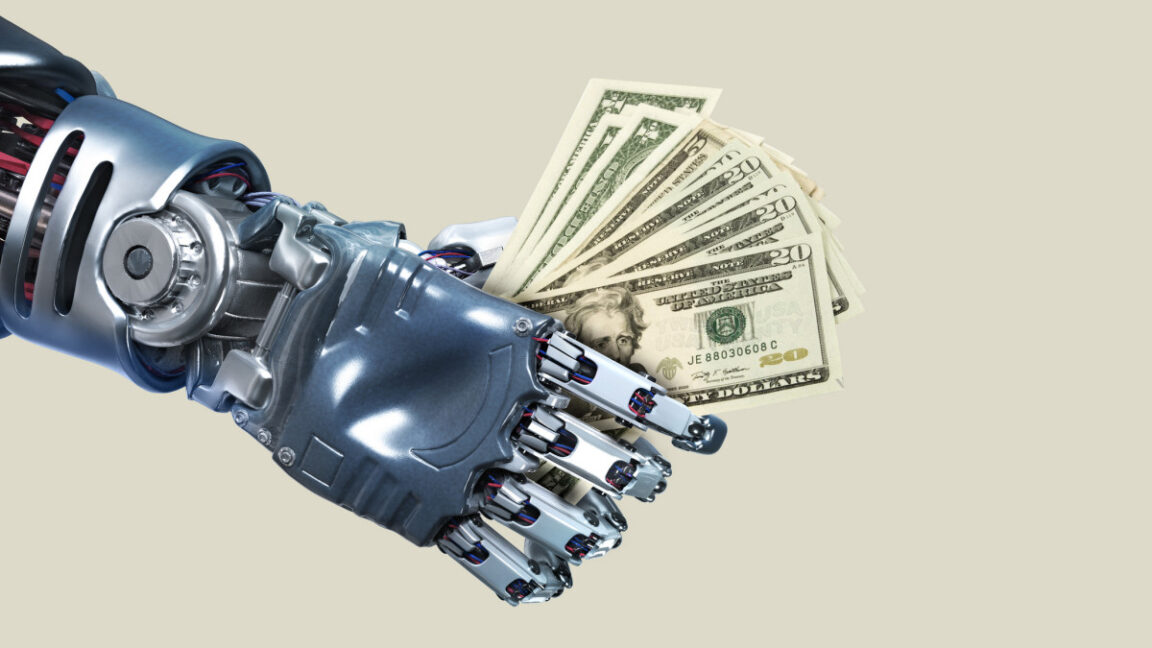AI Salaries Outshine Historical Landmark Earnings

The AI talent landscape has reached a new financial milestone, overshadowing legendary scientific feats in history. Meta's offer of $250 million to AI researcher Matt Deitke, potentially awarding $100 million in the first year alone, marks a historic precedent in scientific compensation. This exemplifies the astronomical sums tech companies are willing to invest in the pursuit of artificial general intelligence (AGI) or superintelligence, viewed as pivotal to their future dominance in trillion-dollar markets.
Deitke, once part of the startup Vercept and developer of the AI system Molmo, embodies the sought-after expertise necessary for the tech giants pushing toward this new frontier. Meta's aggressive talent acquisition strategy includes reports of even offering $1 billion to an unnamed engineer. Such figures aren't coincidental but reflect the fierce race among tech companies like Meta, Google, and OpenAI to achieve breakthroughs that could revolutionize intellect beyond current human capabilities.
Remarkably, these modern compensations dwarf earnings from seminal scientific projects of the past. J. Robert Oppenheimer, the esteemed leader of the Manhattan Project, earned approximately $10,000 annually in 1943, around $190,865 today. In contrast, the young Deitke, having left a PhD program, will earn over 300 times this figure. This comparison is stark and highlights how AI researchers are now outpacing even top athletes in earnings.
Meta CEO Mark Zuckerberg emphasized unwavering commitment to pioneering superintelligence, portraying it as a catalyst for global transformation. Unlike past scientific endeavors limited by their specific goals, the quest for AGI offers limitless economic and innovative potential. Such technological advancements promise to redefine labor and economic landscapes, suggesting a financial foresight that makes today's salaries unsurprising.
The compensation disparity extends to the Space Race, with Neil Armstrong's lunar mission salary translating to about $244,639 today. Current NASA astronauts earn up to $161,141, a far cry from the multi-million-dollar packages now standard for leading AI researchers, who consider these lucrative offers normative in their highly competitive field.
This AI-driven market explosion is propelled by a few key factors: record levels of industrial wealth, limited availability of top-tier talent, and a competitive environment akin to an arms race where early achievements can offer monumental advantages. Unlike projects like the Manhattan Project, today’s AI ambitions represent one of the fiercest competitions in modern times, with no definitive end.



